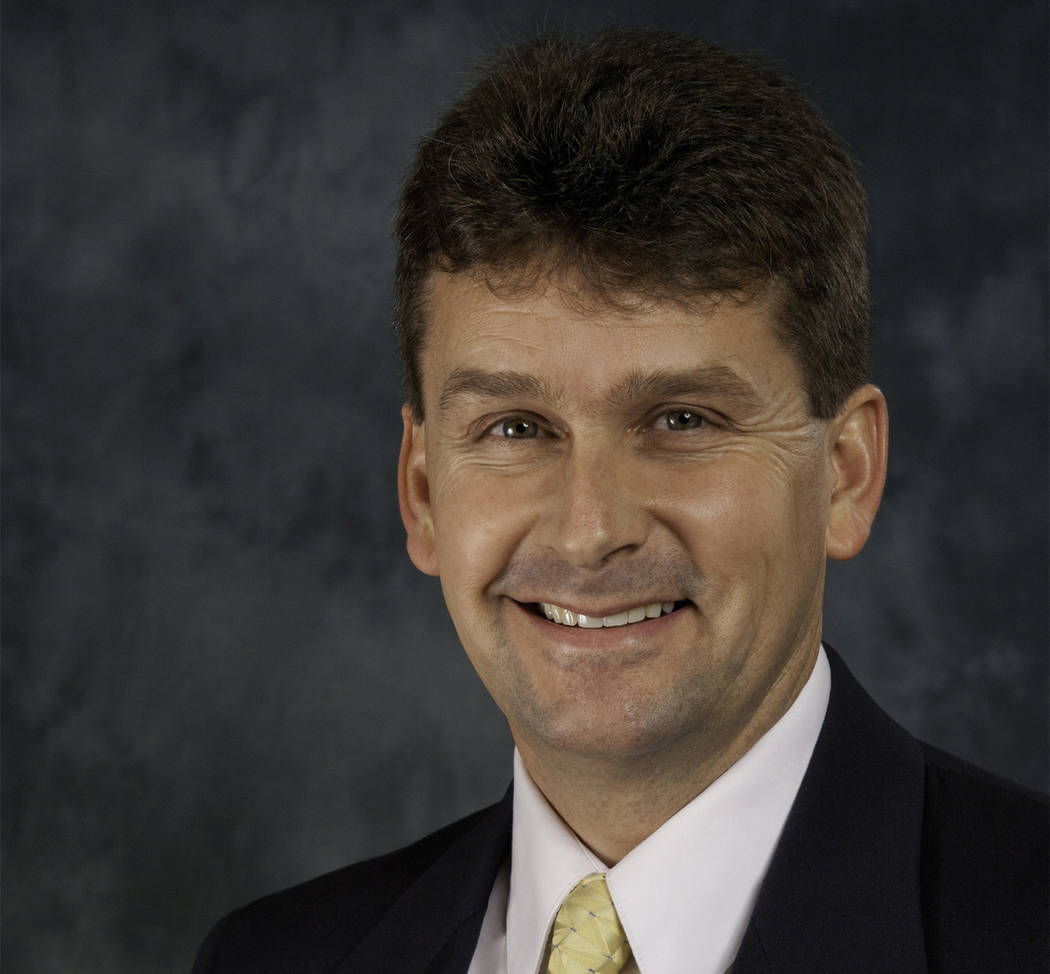Citys budget process requires fine balancing act
It’s budget season at City Hall again. At least for the City Council. The reality is that budgeting is a year-round process for city staff, but most of that goes on behind the scenes and only gets brought to the forefront of the council and public’s attention for a few short months each year.
Last week, we held our first official budget workshop for the fiscal year 2018-19 budget cycle. However, the process started last summer, almost as soon as we finished our last budgeting cycle. For many months, each of the city’s departments and divisions has been analyzing last year’s data, assessing needs, planning for the future, prioritizing wish lists and formulating mini-budgets of their own. Under the direction of the city manager, their submissions were digested by the management team, discussed as a group, processed by the finance department and ultimately presented to the City Council in draft form for consideration.
At our council meeting in December, we got a sneak preview of staff’s proposed updates to our 10-year capital improvement plans for general and utility fund projects. Then, at the initial budget workshop last week, acting City Manager Scott Hansen focused more specifically on this year’s proposed capital improvement projects, as well as fleet replacement recommendations and potential funding sources.
New Finance Director Diane Pelletier presented an executive summary that highlighted key elements of the operating budgets for the general and utility funds. Focusing primarily on the general fund, council members then asked questions, requested additional information, recommended changes and otherwise provided input on the draft budget.
Comments from council members and a select few citizens covered a wide variety of budget topics, but some of the focal points included:
1. Personnel decisions, including pros and cons of creating new positions to address understaffing versus engaging third-party contractors or paying existing employees to take on additional responsibilities.
2. Funding for strategic planning and code updates.
3. How best to tap into available capital improvement fund money, whether for uses already approved by the voters or those that will require future ballot question approval.
4. Whether the current 80/20 funding formula governing the division of lease revenues between the general fund (80 percent) and the capital improvement fund (20 percent) still makes sense.
5. The need to continue working toward greater transparency and clarity in our accounting reports and practices.
6. Whether the city’s contribution to special events sponsored by various nonprofit organizations should continue to be drawn from Redevelopment Agency funds or instead should be supported by general fund revenues or other funding sources.
7. Appropriate end fund balance levels and how to save or spend any surplus, including increasing rainy-day funds and reserve accounts for future needs, spending it now on long-overdue capital projects, or some combination of both.
8. Creating a long-term replacement plan for city-owned vehicles and equipment.
9. Whether to fund additional public safety dispatchers.
At our next budget workshop March 15, we’ll likely focus more on our utility fund, including prioritizing utility upgrade and replacement projects, funding those projects and allocating fund balance between reserve accounts and more immediate capital project needs. Then we hope to adopt our tentative budget at the April 12 council meeting and our final budget at the May 22 council meeting.
Ever since my election to City Council in 2011, I’ve been pleading, with the overwhelming support of my colleagues, for a few relatively simple but far-reaching reforms in the city’s budgeting practices, including greater transparency, simplicity and clarity, an earlier start to council’s involvement in the process, less filtering of each department’s need, want and wish lists before transmittal to council for consideration and longer-term planning projecting out multiple years instead of just barely looking each year past the end of our noses. I feel like we’ve made great strides in these regards, especially in our multiyear planning efforts, but there’s clearly still room for significant improvement.
When it comes to reform, change is usually slow. And when it comes to budgeting, some people are reluctant to budge. But on the whole, we seem to constantly be moving in the right direction, even if the pace is sometimes slower than it could or should be.
What I’m most proud of, though, is that unlike some of our counterparts, Boulder City will this year once again adopt a balanced budget. If nothing else, we’re very good at living within our means, and we’re getting better and better at planning for the future and saving for a rainy day.
Our city staff is among the best in the land, and they never cease to amaze me as they individually and collectively go above and beyond the call of duty. They deserve our sincere thanks and praise for working so hard to keep Boulder City’s financial house in order. Please join me in recognizing them for their outstanding achievements and continual efforts to keep us fiscally safe and sound well into the foreseeable future.
Rod Woodbury is mayor of Boulder City. He has been serving on the City Council since 2011 and is the president and managing shareholder of his law firm, Woodbury Law.






